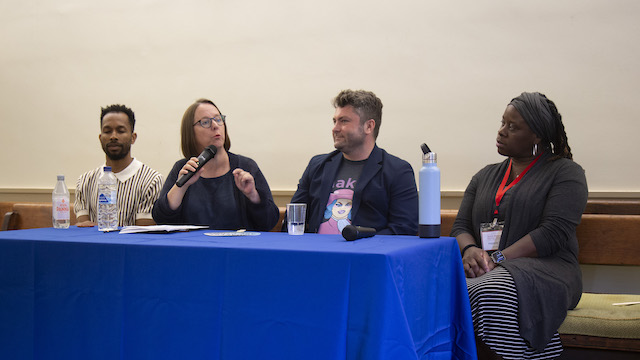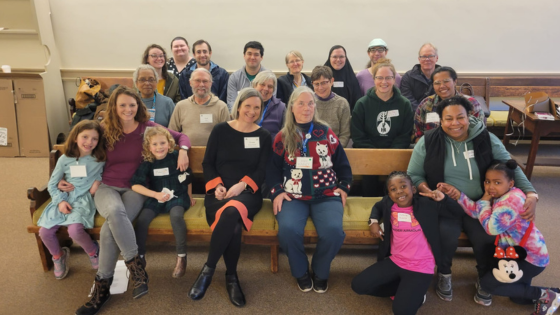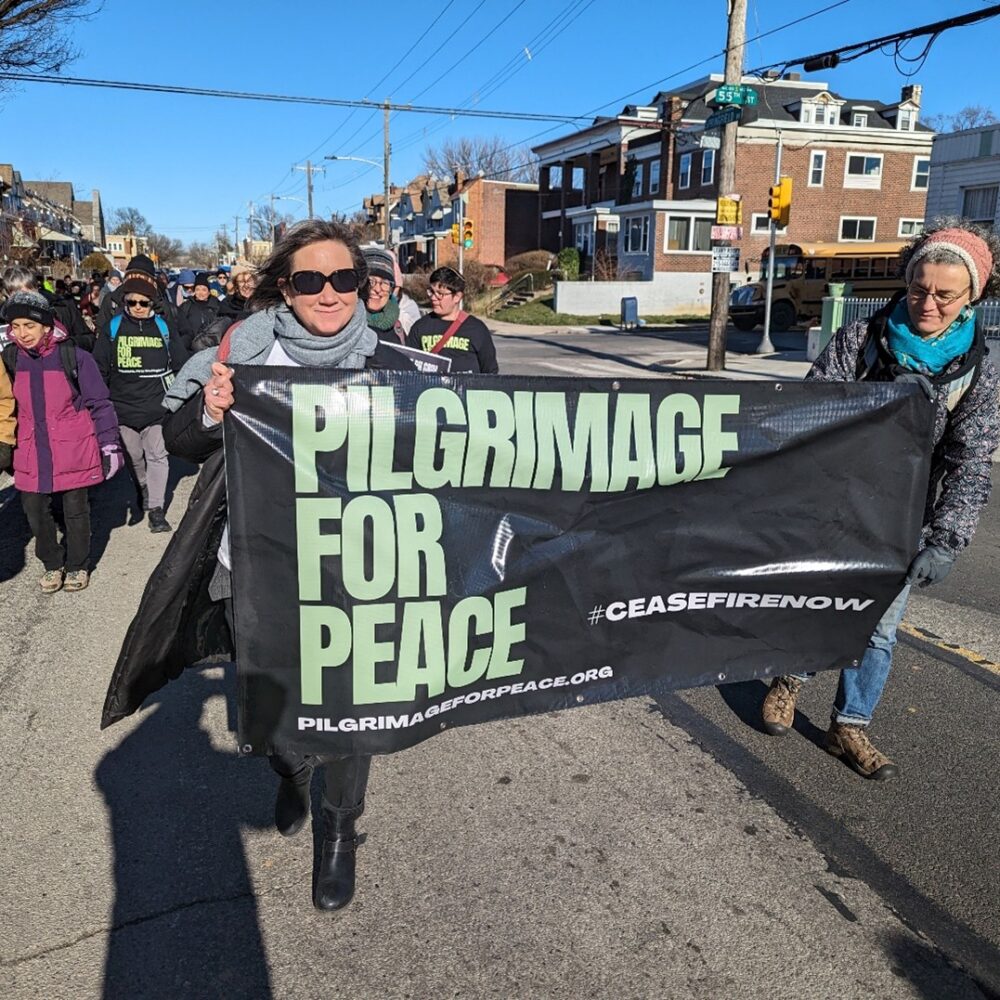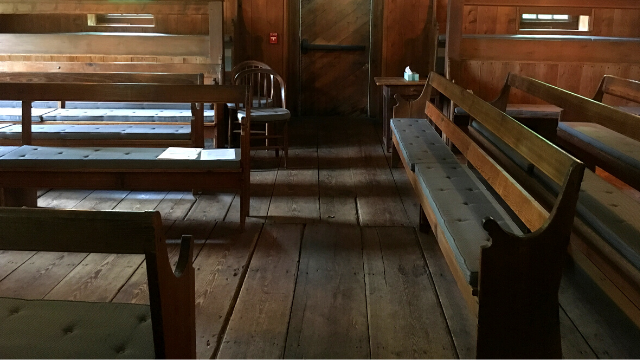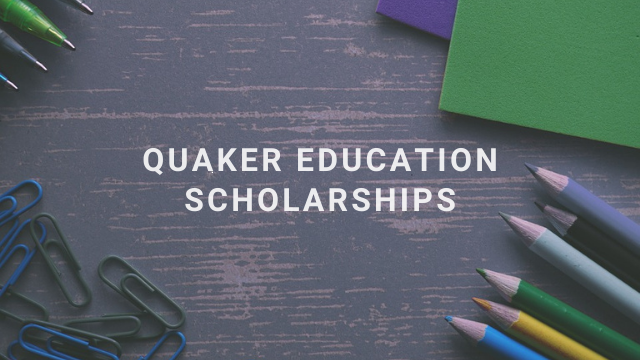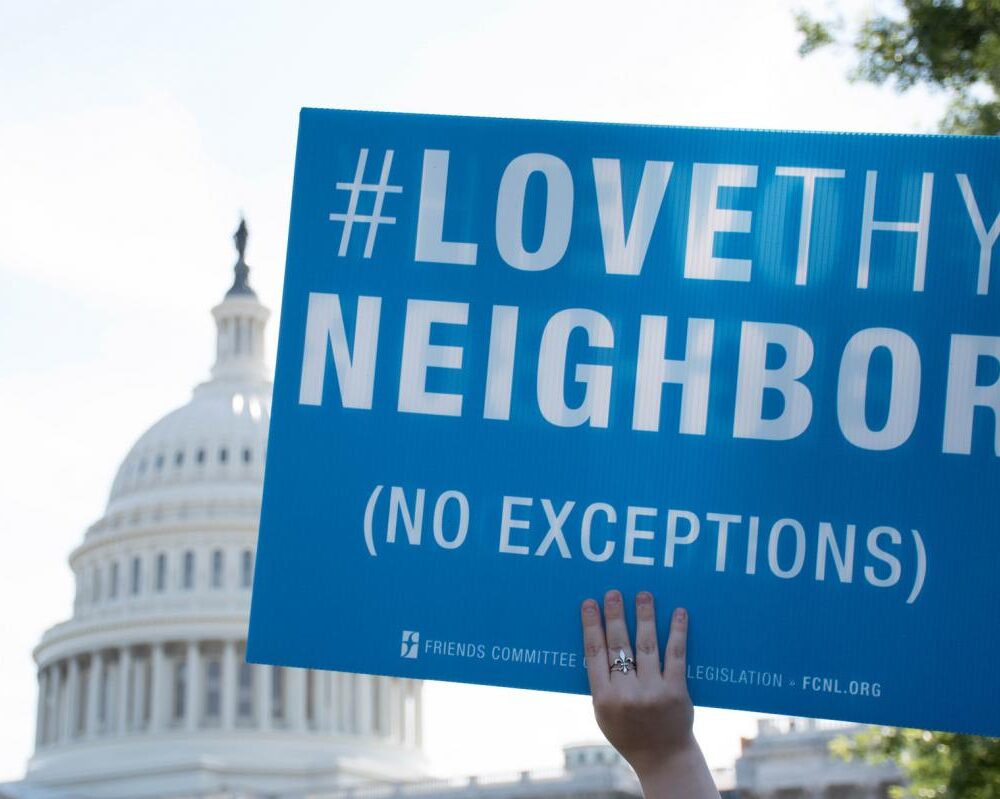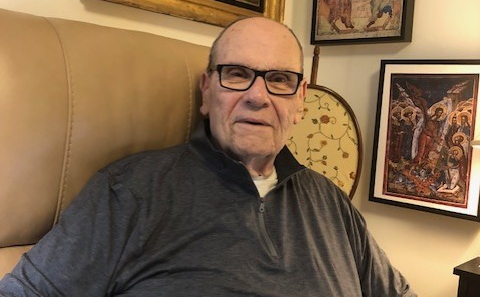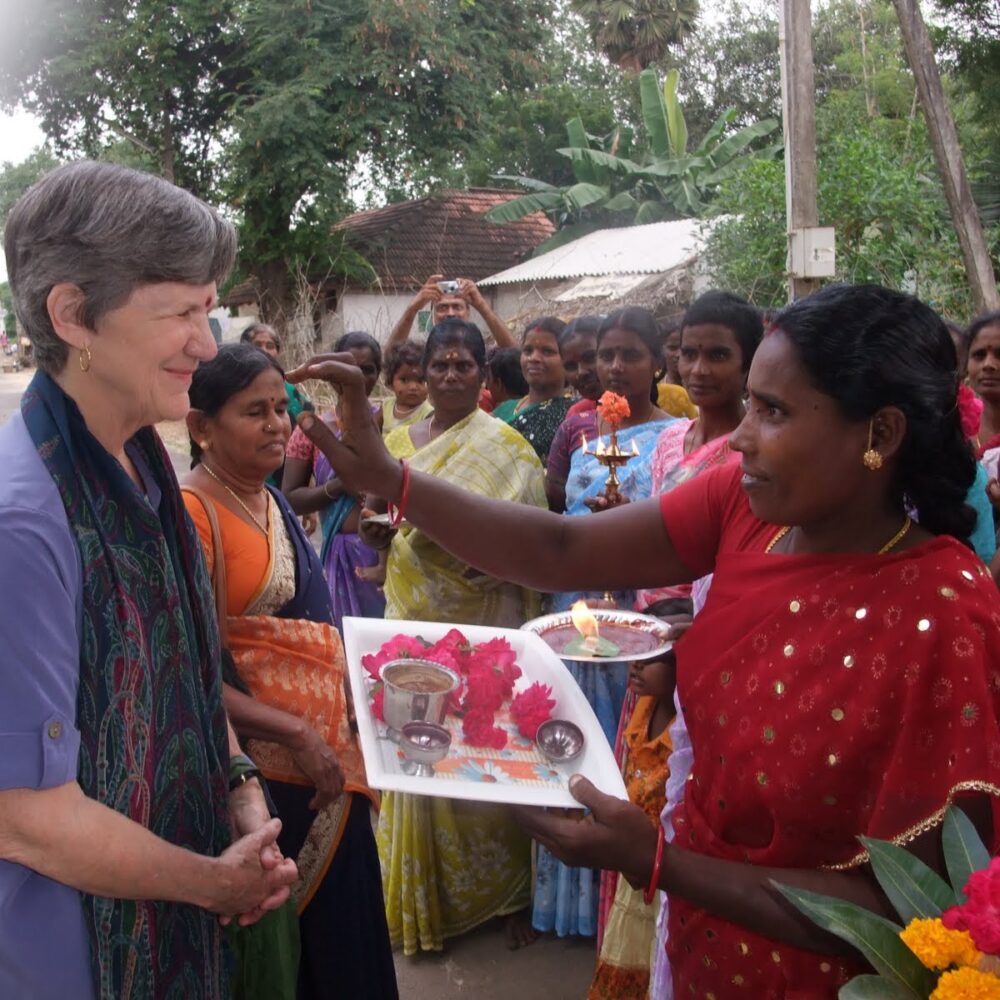 At the 400th Birthday Celebration for George Fox at Arch Street Meetinghouse on June 29, the “Fox Forward” roundtable discussion featured leaders in the Quaker community today speaking to how we can learn from the past as we vision the future of the faith and its witness in the world. The video recording of the panel shared below includes the voices of (left to right in photo) Dwight Dunston, host of The Seed podcast from Pendle Hill; Robin Mohr, Executive Director of FWCC Section of the Americas; Brian Blackmore, Director of Quaker Engagement for the American Friends Service Committee; and Hazele Goodridge, clerk of the Monthly Meeting of Friends of Philadelphia and trustee of the Friends Pantry & Community Fridge at Arch Street Meeting House.
At the 400th Birthday Celebration for George Fox at Arch Street Meetinghouse on June 29, the “Fox Forward” roundtable discussion featured leaders in the Quaker community today speaking to how we can learn from the past as we vision the future of the faith and its witness in the world. The video recording of the panel shared below includes the voices of (left to right in photo) Dwight Dunston, host of The Seed podcast from Pendle Hill; Robin Mohr, Executive Director of FWCC Section of the Americas; Brian Blackmore, Director of Quaker Engagement for the American Friends Service Committee; and Hazele Goodridge, clerk of the Monthly Meeting of Friends of Philadelphia and trustee of the Friends Pantry & Community Fridge at Arch Street Meeting House.
Queries were shared with the speakers in preparation for the event:

- Which aspects of the Quaker tradition speak to you? How do they apply in the 21st century?
- Which aspects of the Quaker tradition are most important to pass on to the next generation and to newcomers?
- Are there aspects of the Quaker tradition that it’s time to release, for Quakerism to thrive?
- Early Friends’ actions were seen as radical and ‘cutting edge’ in their time. How can we respond to the challenges of the 21st century in a way that builds on Quaker insights?
The visionary sharing from each speaker led from their different areas of ministry; they both challenged listeners to think “forward” and grounded their vision in love for community. Watch the full conversation below!
